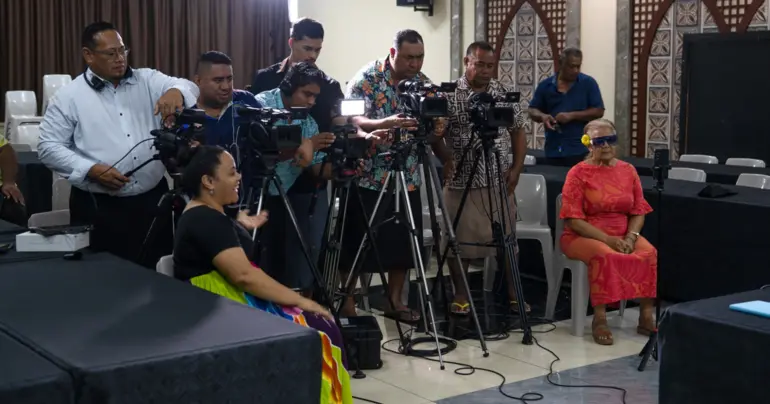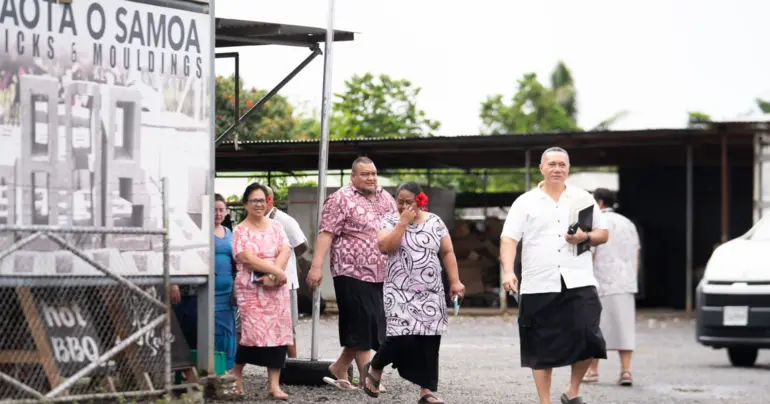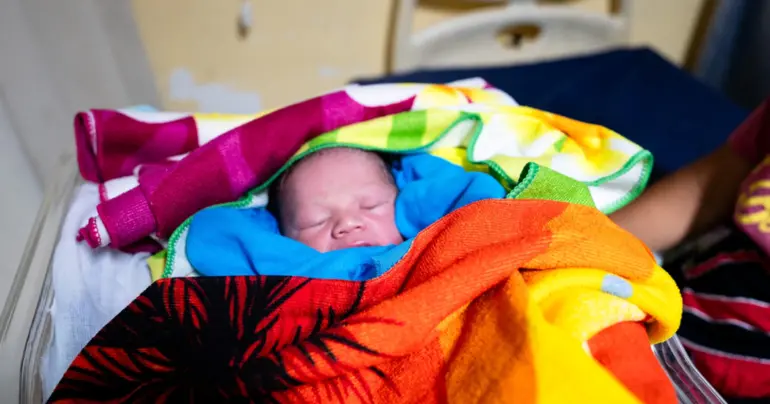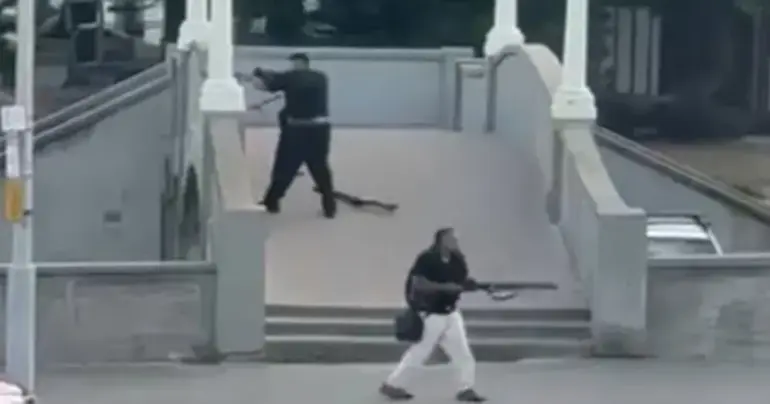Press freedom in Samoa: more than meets the eye
 By The Editorial Board
•
04 May 2021, 12:40AM
By The Editorial Board
•
04 May 2021, 12:40AM
Monday was World Press Freedom Day and an apt time for us to pause and think about how our national media environment has changed in the past year.
Samoa has, in recent years, enjoyed its relatively high rank for allowing journalistic freedom.
Indeed, in this year’s World Press Freedom Index Samoa was ranked a shining beacon in the Pacific, if not the world.
Coming in at 21st place worldwide it outranked several countries with noble histories of free speech and free presses.
These included the United Kingdom, where the newspaper and modern media as we know it began and even America, where the right to free speech is the cornerstone of society.
Behind only New Zealand, which ranked eighth, Samoa was the highest-ranked country in the Pacific.
Our comrades at Reporters Without Borders (R.S.F.) do highly commendable work.
But it should also be acknowledged that it is a difficult if not impossible task to sit down and objectively rank 180 nations on measures of press freedom with precision.
There often simply is not enough information from independently corroborated on-the-ground sources about what reporting in these countries is like to make such fine-grained judgments. Monitoring legislative changes and receiving reliably independent intelligence from such a wide range of media environments is no easy feat.
But it is when we question what press freedom really means that we feel we must add to the debate on the finding that Samoa is ranked among the top 10 per cent of countries for media freedom world over.
And it is on this point that we, as a masthead with 43 years’ history of covering this nation independently, feel we can add to the picture that R.S.F. presents, particularly on a year when the theme for Press Freedom Day is: "Information as a public good".
There are, essentially, two ways to think about press freedom: as a negative or a positive value.
Typically when we talk about press freedom we do so in terms of the things that are denied those journalists who frustrate Government authorities and regimes: their rights to free speech, liberty - or worse.
This reminds of the many reporters from countries such as Mexico or Russia’s Anna Politkovskaya who have paid the ultimate sacrifice for doing their job. We remember them this week.
But if we think of press freedom another way - as a positive value, not just the absence of negative consequences, then the rosy picture of reporting in Samoa becomes more complicated.
For the fourth estate to execute its job of holding the Government to account then it must be afforded positive access to information.
These are basic fundamental tools of the trade that are denied journalists in Samoa but are readily available to journalists in countries that rank much lower than this country on the Press Freedom Index.
Should a journalist want to obtain access to details about, say, the tendering for a Government contract, then any reporter working in the United Kingdom, the United States of America or Australia could make use of their countries’ freedom-of-information laws to request copies of internal Government correspondence on the matter.
Freedom-of-information laws are not perfect, nor perfectly applied. But they can be used by a skilled journalist to force a branch of Government bureaucracy to release files or records they hold relating to an issue or an incident for a small fee.
Samoa has talked about implementing laws of such a nature here. But it has been more than four years since the Samoa Law Reform Commission (S.L.R.C.) first acknowledge it was first working on the blueprints for such a law.
Our inaction on such laws is indicative of a reflex towards secrecy that has increasingly pervaded our Government and something that must be considered on the issue of press freedom in Samoa.
Examples are everywhere and range from the mundane to the dramatic.
Annual reports from Government departments are routinely released publicly one year late or even more after they were published.
The most up-to-date copy of the Central Bank of Samoa’s annual report available on the Parliament’s website relates to 2018 - 2019; for the Electric Power Corporation it is the 2017-18 fiscal year; for the Land Transport Authority it is 2016-2017.
How is a journalist meant to see if a Government body is remaining accountable to its promises, or has met its policy commitments when that information is not available?
The story with proposed bills is even worse. Last December provided a classic example. As one of the most significant legislative and constitutional reforms to come before the Legislative Assembly, we reported doggedly on the Government’s immense overhaul of the judicial system.
But we were very often only able to do so thanks to the courage of sources who took the risk of providing us information that was classified.
On the date that these then-bills came before Parliament to be passed into law they were radically amended ahead of time. We were given no time to consider the true ramifications of the Governments’ changes. And it was only weeks until they had become the law of the land that we were able to access copies to tell our readers about the details of what were hugely significant changes to the rule of law.
Nor did we see this year the Government change its policy on denying the Samoa Observer the right to ask questions of the Prime Minister of this nation in an open forum at a press conference.
Being able to ask questions of a Prime Minister in an open forum should be the hallmark of a country whose media environment has been found to be among the world’s freest.
The Prime Minister, of course, is able to selectively exclude the Samoa Observer because he can rely on bypassing scrutiny by relying on Samoa’s state-owned media outlets, both traditional and online.
By fielding questions from “announcers” he is able to say more or less what he likes, with choice over the topics he addresses and absolutely no fear of contradiction or challenge.
Readers might also recall a series of stories covered in these and the news pages of our newspaper regarding an innocent question asked of this nation’s Attorney-General, Attorney-General Savalenoa Mareva Betham-Annandale.
The question, we thought, was remarkably unremarkable and related simply to what procedures for handling conflicts of interest that the Office of the Attorney-General had followed in relation to two contracts that had been awarded to her husband’s firm prior to her attaining the job.
The reporting cast no aspersions over Savalenoa’s competence or ethics as an administrator. But it was a classic public interest journalism question to ask: a reporter seeking to see if and how a Government body was performing its job.
It took us three weeks to get our very simple answer. But the journey to this point was long and winding. It involved the issuing of inappropriately aggressive and simply evasive questions from the nation’s principal law office and this newspaper.
It ended with the vague airing of allegations about “hacking”, the calling for a full Police investigation into sources who had provided us with materials about our story into the matter - despite its easily having been put to rest with a simple answer.
Such a disproportionate response to such an innocent question was enough even to attract support and condemnation of Savalenoa from the world's largest union of journalists, the 600,000-strong International Federation of Journalists (I.F.J).
“Questioning a government and its actions is a crucial component of a functioning democracy and critical journalism,” the Federation said in March.
“The I.F.J. expresses solidarity with journalists and their sources in Samoa who are being subject to legal threats and investigations that seek to prevent them from reporting on the truth.
“The I.F.J. [implores] the Attorney General to [retract] the statements made by her office and allow the Samoa Observer to operate without political interference.”
This incident drew international attention to a rarely considered aspect of press freedom in Samoa.
There is a considerable difference between a Government that oppresses the media actively and one that simply acts as a roadblock to its access to information.
In one case, information is stopped reaching the public by force. On another, roadblocks of a different subtle kind are put up between a journalist and information. But on this World Press Freedom Day, it might be worth pondering that the consequences of both are not so dissimilar as they may at first seem.
 By The Editorial Board
•
04 May 2021, 12:40AM
By The Editorial Board
•
04 May 2021, 12:40AM










